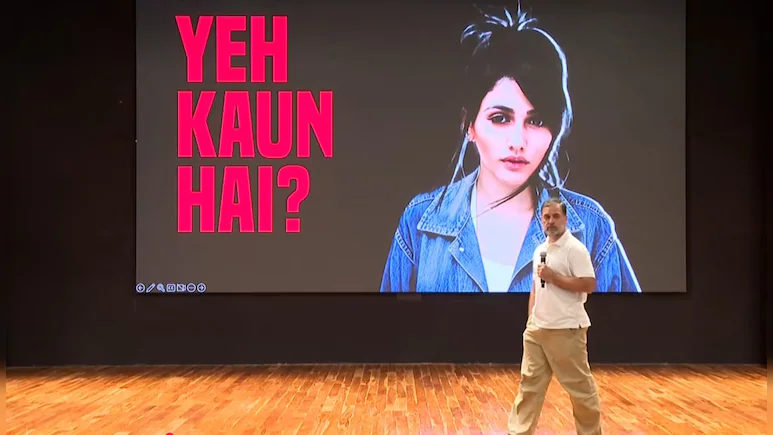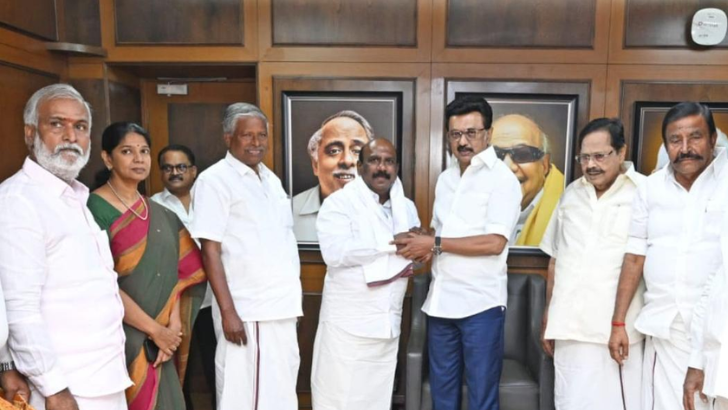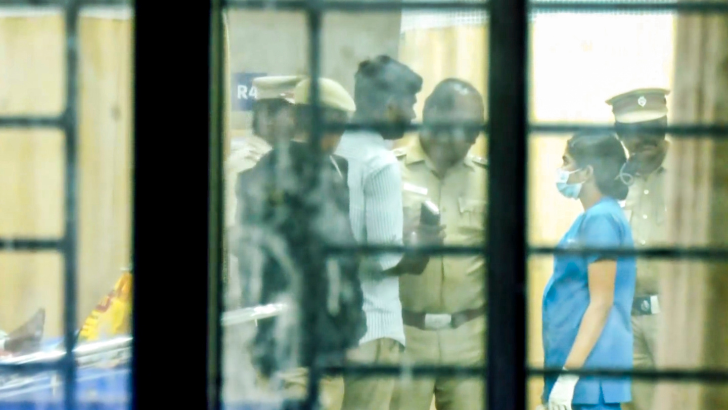'Can you say it's criminal to love': SC bats for distinguishing rape from 'genuine romantic' cases
The top court referred to the trauma such couples face, generally owing to the male partner being sent to jail by the parents of the girl after filing a case under the POCSO Act.
PTI
-
Photo: Pixabay
New Delhi, 19 August
The Supreme Court on Tuesday underlined the need to distinguish between
rape and genuine romantic cases involving youngsters on the verge of majority.
A bench of Justices BV Nagarathna and R Mahadevan noted the existence of
co-education institutions and universities and said, "Now, they develop
feelings for each other. Can you say it is criminal to love? We have to keep a
distinction between a criminal act like rape, etc., from this."
The observations came on a petition raising the question whether or not
the age of consent, which is 18 years, should be reduced to 16 under the
Protection of Children from Sexual Offences (POCSO) Act.
"When there are genuine romantic cases, they like each other and
they want to get married... Don't treat such cases the same as criminal
cases," the bench said.
The bench went on, "You have to keep the reality of society in
mind."
The top court referred to the trauma such couples face, generally owing
to the male partner being sent to jail by the parents of the girl after filing
a case under the POCSO Act.
"This is the harsh reality in society," the bench said, noting
cases under the POCSO Act were also filed to cover up elopements.
Senior advocate HS Phoolka, appearing for the petitioner organisation,
called for safeguards.
The bench observed the police would look into the matters to ascertain
whether it was a case of kidnapping, trafficking or whether it was a case of
genuine love.
Phoolka said a similar issue concerning the age of consent was being
considered by another bench of the apex court.
The bench posted the matter for 26 August after Phoolka said he would
place on record some top court orders in the context of the prayers sought for
in the petition.
Recently, the Centre defended in the apex court the statutory age of
consent of 18 years, saying the decision was a "deliberate,
well-considered, and coherent" policy choice aimed at shielding minors
from sexual exploitation.
The Centre said diluting the age of consent or introducing exceptions under the guise of adolescent romance would be not only legally unsound but
also dangerous.
The written submissions was filed in a separate case which raises the
point of age in adolescent relationships.
Leave a Reply
Your email address will not be published. Required fields are marked *








.png)


.png)
.png)
.png)
.png)





